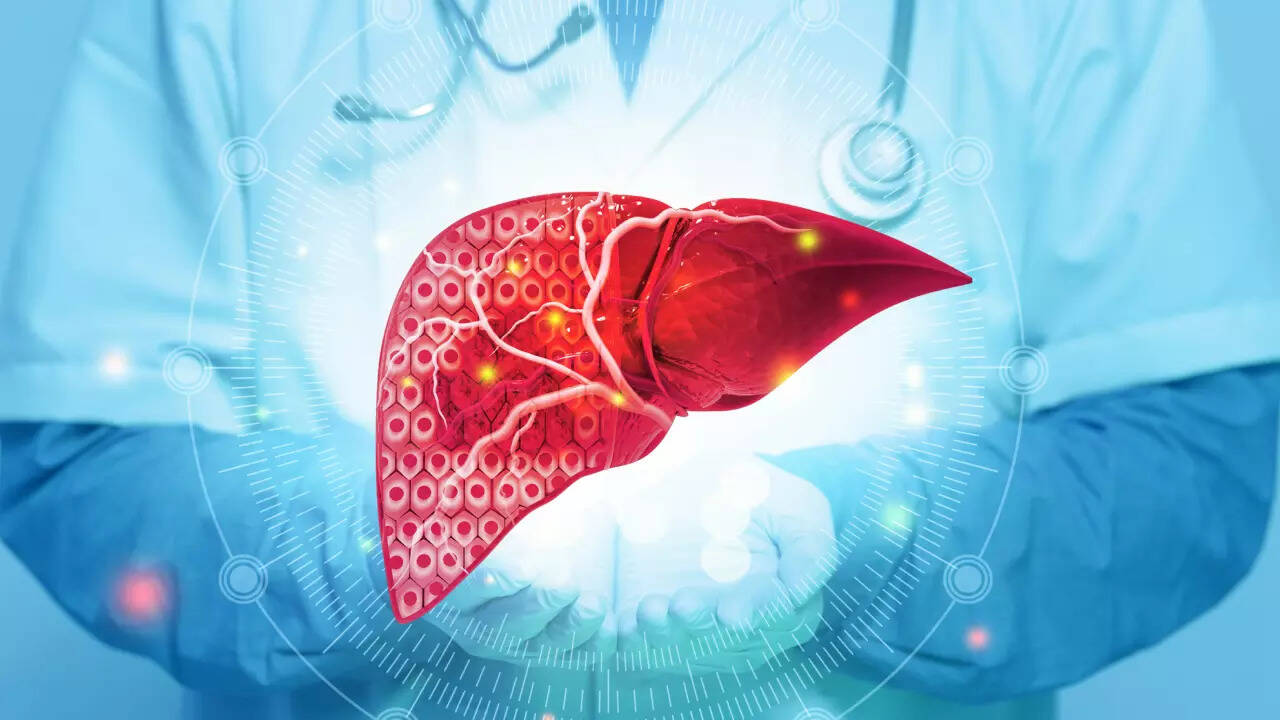
A recent study published in The Lancet uncovers crucial insights into the preventable nature of liver cancer cases. By addressing risk factors like viral hepatitis, alcohol consumption, and metabolic dysfunction-associated steatotic liver disease (MASLD), researchers project a notable rise in MASLD-related liver cancer by 2050, especially affecting individuals with diabetes and obesity. In 2020, over 900,000 people received a liver cancer diagnosis, with a staggering 830,000 losing their lives to this disease. Liver cancer remains among the top three causes of mortality globally. The study emphasizes that about 60% of liver cancer cases are avoidable, urging immediate action to mitigate these risks. Experts stress the significance of enhancing public awareness and healthcare policies regarding MASLD, predominantly in regions like the USA, Europe, and Asia where diabetes and obesity prevalence is high. Strategies such as expanding hepatitis B vaccination coverage and implementing targeted obesity and alcohol-related interventions were recommended to combat the projected surge in liver cancer cases. The study forecasts a twofold increase in new liver cancer incidences in the coming decades, making it imperative to tackle the root causes effectively. Notably, lifestyle modifications, early screenings, and policy measures could significantly curb the escalating liver cancer burden.






